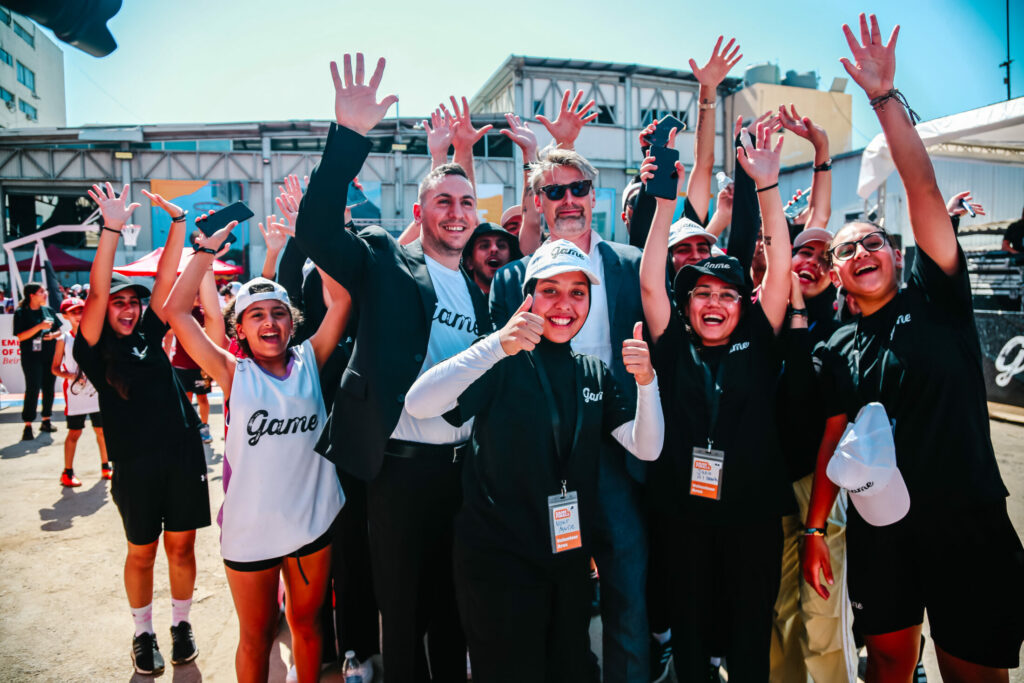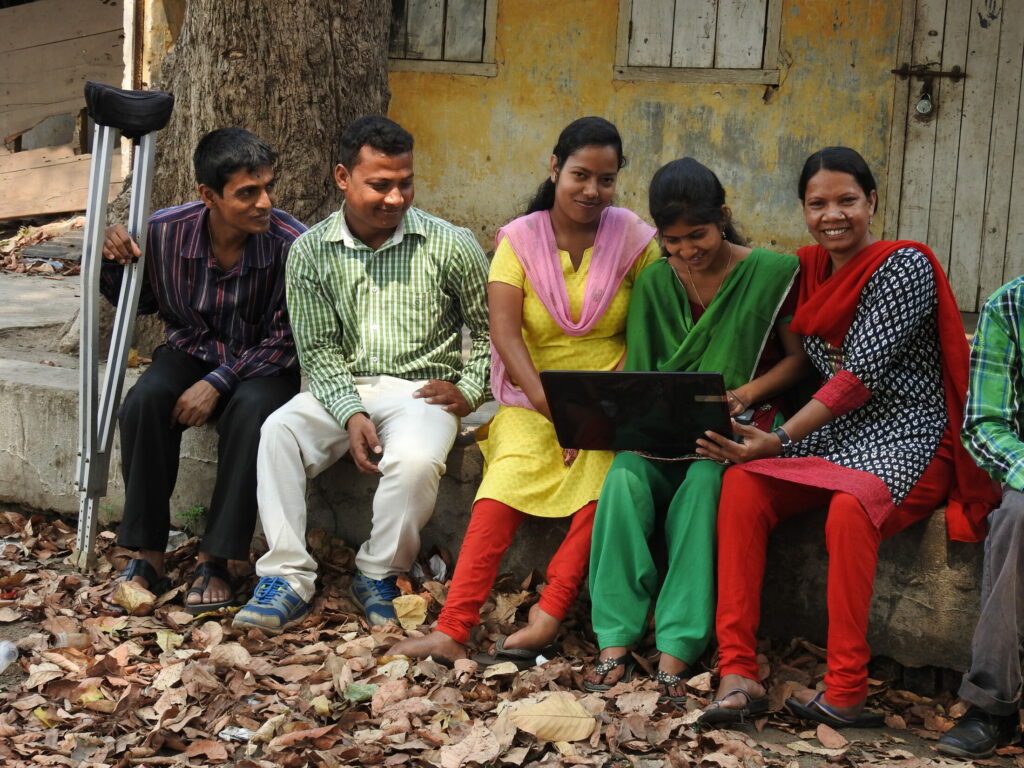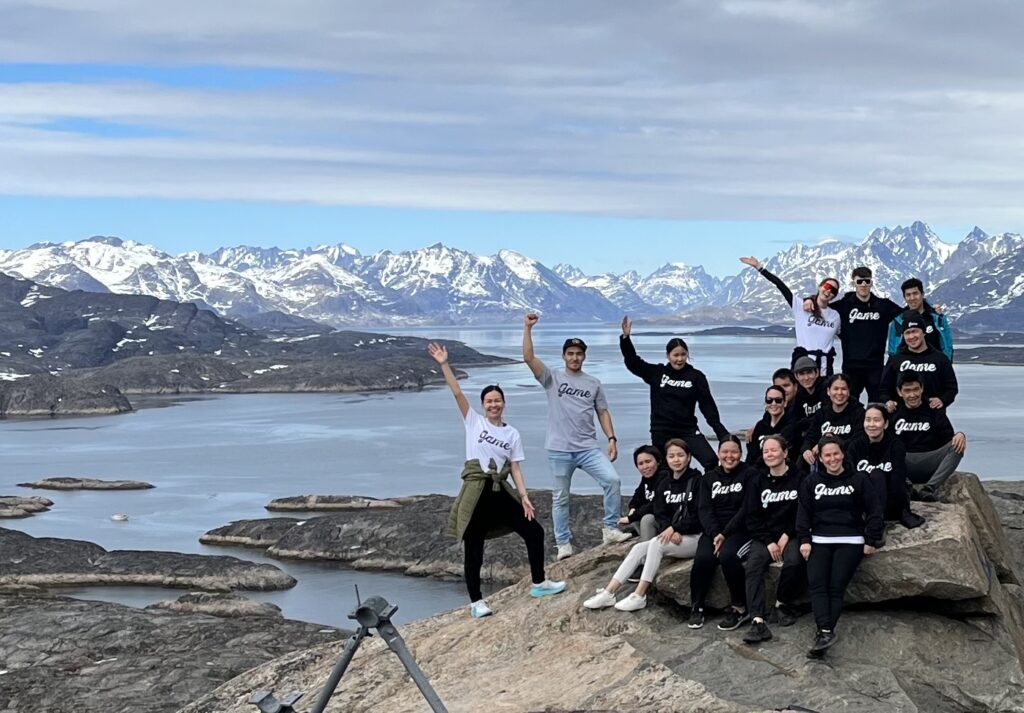The word now needs to be REGENERATION
“It’s no use just believing, talking and posting on the networks. It is necessary to act”
30/04/2024
WITH SIMPLICITY AND A LOT OF KNOWLEDGE, PROF. MARCUS NAKAGAWA ADDRESSES SIMPLE, BUT URGENT ACTIONS TO REGENERATE THE PLANET AND RELATIONSHIPS AT THE FIFTH MEETING OF THE HUMANIZATION CYCLE OF PRO CRIANÇA CARDIACA
In 2019, Marcus Nakagawa received the Jabuti Award in the Creative Economy category with “101 days of More Sustainable Actions to Change the World”. The recognition of a work of this content with the highest award in the Brazilian publishing market signals how much society needs to transform. It also brings with it the main message: change starts with each person and is a daily exercise.
“Our planet needs to maintain its natural resources and unfortunately we are already in overdraft. Since August 22, the Earth has been in the red and is unable to regenerate everything that humans consume until the end of the year”, warns Nakagawa. It refers to “Overshoot Day”, calculated annually by the Global Footprint Network organization. The global ecological deficit began in the 1970s and our accumulated debt is already equivalent to 18 Earth years.
“The word now needs to be REGENERATION. We need to have other purposes in life, we need to accelerate this process”, warned the professor this Monday, December 7th, during the fifth meeting of the Pro Criança Cardiac Humanization Cycle, held online by the institution. Those who attended were able to see that this is the path to “Sustainability in everyday life and the search for a more inclusive and environmentally regenerative world”, the theme of the event. With simplicity and a lot of charisma, for two hours Prof. Naka shared her tips and knowledge with the mediation of Luana Lourenço, founder and director of Ocean Governança.
Speaker and master in administration with a focus on sustainability in business strategy, Naka is an undergraduate and MBA professor at ESPM on issues of ethics, socio-environmental responsibility, social entrepreneurship, third sector and entrepreneurship. He is also the founder of ESPM Social, Abraps, Instituto Marco3 and Isetor.
Should we not change our consumer desires?
The image of a huge traffic jam in the city of São Paulo opens Prof.’s presentation. Naka with the question: what is behind this photo? Individualism, which leads people to use a car just for themselves, and consumerism, which still leads the world to buy cars more for status than for necessity, are some examples.
But if nature calls for an economy of its natural resources, if mobility with own cars has reached its limits in big cities, shouldn’t we change our consumption desires? “The younger generations no longer want to buy a car, they prefer to use transport apps. They don’t even want their own home, but the freedom to move whenever they want”, explains Naka.
He takes advantage and draws attention to the expression “new normal”, which has been used to define the post-pandemic phase. “But did we have a ‘normal’ before? Is it normal, for example, that we need to create so many civil society organizations and struggle to raise resources and provide society with the basics to which it is entitled? The hard part is that we think this is all normal. What we need is to get out of this abnormality”, says the professor.
How to get out of the abnormality?
The use of social networks as a tool for transformation is one of the points highlighted by the professor and gains immense strength when those who post also do so. “The video of the plastic straw coming out of a turtle’s mouth, for example, became a public policy that prohibits the use of this type of product. Yes, it is possible to make changes through social networks, but there is no point in just believing, talking and posting on the networks. We need to act,” he highlights.
“I didn’t know about TikTok until I saw my daughter using it. I decided to post a photo of my compost bin and it received 18 thousand views. You can do this too, use your own habits to encourage family and friends to take more sustainable actions, for example, show how you make juice with pineapple peels, promote the idea of peeing in the bath to save a flush. (imagine a house with many people). The impact of the compost bin was incredible and anyone can have one at home, there are sizes to suit all tastes, including small apartments. We have our cell phone in our hand all the time and we need to use it,” he says.
Social thoughts: from within yourself to companies and the world
“My son, turn off the light, turn off the tap, otherwise the bill will be high.” According to Naka, we grew up with our thoughts always focused on finances, we spent our entire lives thinking about making money and paying the bills. But isn’t finance important? “Of course it is, but the world is not just money,” she says. “We need to make our decisions from a social point of view as well. If we are going to buy a pen, we try to find out: ‘Who made this pen? Was it made by slave, child labor? Is it an approved product? Won’t it hurt me, my son?’”
And this thought needs to overflow from within oneself into companies. Naka highlights the importance of the corporate world having its range of sustainable actions: waste management, respect for human rights, ethical stance… “Do you know which brands will be remembered after the pandemic? Those who donated. There were over 6 billion donations to help the population. Will we continue like this?,” he reflects.
Naka was questioned about this movement of donations from large companies, which was not felt by the institution. Pro Criança relies on donations, mostly from small business owners and individuals.
According to the professor, shareholders have chosen to buy shares in large companies and this attitude is already having an impact on companies to make them more sustainable. It is very likely that they will look for positive agendas to try to minimize their impacts and social organizations need to be ready to receive these investments, for example, with the development of indicators that account for the work they carry out, for example, education, human development indicators of families.
“I believe that in Rio the competition and the problems are very great, and perhaps some problems are closer to these big companies than others. The path is really with small and medium-sized companies and with individuals, who make their donation every month. That’s the battle, to go get it. It’s an effort from the whole team, it’s not easy”, recognizes Naka.
And finally… why is it important to humanize companies?
“Companies without people do not exist. But it’s important to be real people, not robots. It’s very common to see companies robotize themselves, it’s just goals, numbers… We will only evolve when people can be themselves. This change is already happening, but there is still a lot to be done. We need to work in places where we can express our feelings, and do our duties, but also exercise our rights”
SOME TIPS FROM PROF. NAKA:
1) Have a compost bin and slightly reduce the amount of trash to be collected
2) Turn off the light. Understand what is behind, the entire ecosystem behind this act. For example, we have the thermoelectric plants turned on because it didn’t rain enough this year. Using the same reasoning, choose products with an energy saving seal.
3) Where does our tax money go? Follow the actions of those who voted and demand from your politician what he promised.
4) Help a friend when he needs it.
5) Always recycle plastic, paper, glass, take your batteries to collection points…
6) Make a small vegetable garden, even those who live in an apartment can have a vertical garden. You take care of a living being, it’s nice, you’ll have more contact with nature.
7) Don’t be “ecochato”, “bionasty”, or socially boring. Just do your part and be cool.
8) If you doubt global warming, if you think the Earth is flat, try talking to people different from you to learn about other points of view. Being radical, closing yourself off to what is different is what caused the greatest atrocities in the world.
9) Do you really like or need your car? Think about ways to compensate for the damage a car brings to the environment.
10) Choose and do one action per day.
“And, finally, rethink your lifestyle, as we need to seek more purpose and more legacy – which is the impact we have on other people – whether for good or for bad. May it be for the good”, he adds.
Related articles


New SGOs Scoring Rules to Be Applied in 2026
